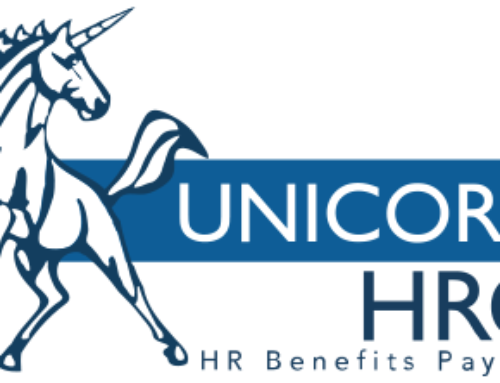As 2016 came to an end, several changes to the Affordable Care Act have been introduced by the federal government. This means that Human Resource staff everywhere must be aware of the new requirements to stay in compliance with the law. Many of these changes involve regulations meant to normalize the ACA in order to better integrate it into the health plans and benefits that employers provide. Below are some new changes of which HR staff and employers should be aware.
Clauses and exemptions meant to ease transition are no longer available
HR staff and employers need to be aware that many of the allowances and exemptions meant to ease the transition period are disappearing in 2017. Larger employers should know that Transition relief for Employer Shared Responsibility (those with 50 or more full-time workers) ends on January 1, 2017, and that employer coverage must be ACA compliant by this time. Relief relating to Flex contribution also expires on this date, so employers will need to restructure their contributions strategies so that this is no longer provided. “Good faith” waivers put into place to show that businesses are working towards compliance with the law will also no longer be offered by the end of 2016. Extra tax filing time, which was granted to employers up until this year, will no longer be offered by the IRS and risk mitigation programs relating to “reinsurance” and “risk corridor” will also expire.
Changes relating to health plans
New rules relating to the ACA will affect how employer provided health plans work. While Grandfathered plans (plans not ACA compliant which were purchased between 23rd March 2010 and 1 October 2013) have been allowed for up till the end of this year, they must be terminated regardless of the renewal date in 2017. There have also been changes to rules within compliant health coverage. Companies should follow new rules relating to any wellness plans their health coverage might offer. Not only do companies have to notify their employees how any wellness plans offered would work, but they also have to give the employee a choice as to whether or not they want to participate in those plans.
Rules have also been introduced to attempt to ensure affordability of any employer-provided health coverage. Beginning in 2017, employers will only be considered eligible for a premium tax credit if their plans do not exceed 9.69% of an employee’s household income. To be exempt from the individual mandate, employers must ensure that their plans do not exceed 8.16% of the employee’s income. Employers also need to be up-to-date with regard to their Summary of Benefits for employees, HSA contribution limits, as well as whether or not their plan meets new parity guidance with regard to mental health and substance abuse coverage.
With the New Year here companies need to be aware of these changes to stay in compliance with the law. While the Affordable Care Act is by no means perfect, it is up to HR staff and professionals at these companies to make sure that their efforts to be legally compliant are.

